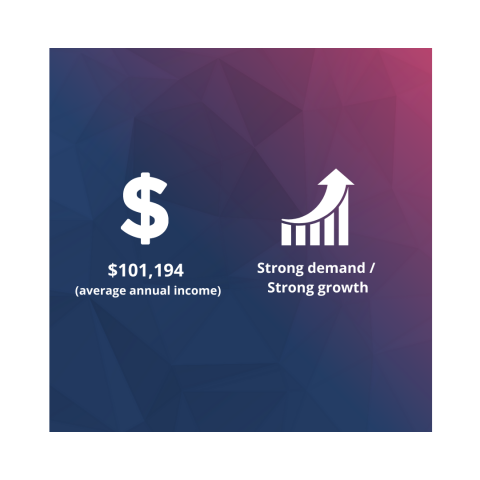
Civil Engineer
As a civil engineer, you plan and design infrastructure projects, such as roads, drainage systems, buildings, dams or wharves. You analyse sites to see if a construction project is feasible and use computer software to develop and communicate designs. Civil engineers may also oversee the construction or operation of infrastructure. Work is usually in an office, which may be located at a construction site. You’ll need strong skills in technology, mathematics and technical design.
Image

Benefits
- Salary
- National and international work opportunities
- Professional role
- Working in an office and outdoor settings
- Technical work
- Many career options
A typical day may involve:
- talking with clients about project requirements, sites and plans
- determining construction methods, materials and quality standards
- preparing reports, working drawings and specifications, plans and procedures
- preparing cost estimates and evaluating the cost efficiency of projects
- organising labour and the delivery of materials and equipment
- submitting plans to relevant authorities for approval and sourcing building permits
- supervising construction to ensure structures are built correctly
- designing structures to ensure they are safe and can bear dynamic and static loads
- assessing travel flow and usage patterns based on population increases and future growth
It helps to be good at:
- thinking critically
- communicating clearly
- keeping things organised
- maths and technology
Qualifications/pathway options:
- Bachelor of Civil Engineering (4 years)
You may be able to work in:
- Construction
- Project management
- Design
- Government and safety
Related Roles
-
Engineering manager
-
Structural engineer
- Transport engineer

